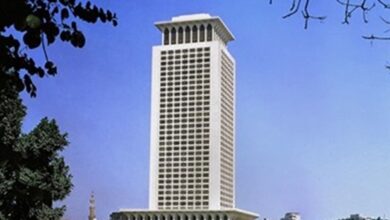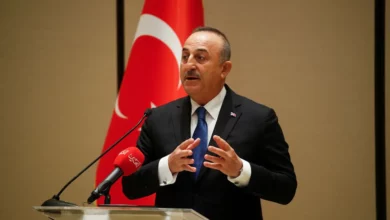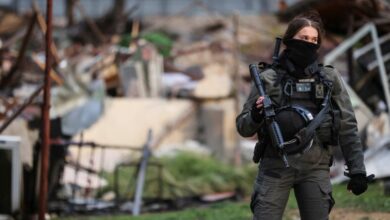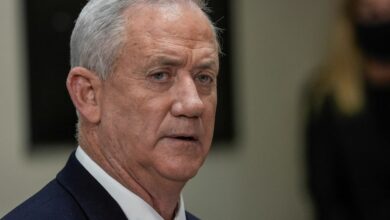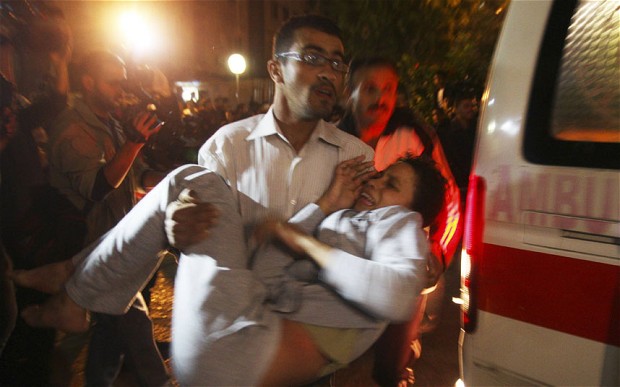
The United Nations has begun investigating Israeli attacks that hit UN facilities during last summer's Gaza war and how Palestinian militants came to store weapons at several UN schools, officials said on Wednesday.
A team of UN investigators arrived in Gaza on Tuesday to conduct the inquiry, three months after the war ended. They had already met with Israeli representatives in Jerusalem. The investigation is expected to last three weeks.
"They are visiting the affected sites, they are conducting meetings and interviews with people who were involved," Robert Turner, the director of operations for the UN Relief and Works Agency in Gaza told reporters. "It is specifically to look at violations of neutrality of UN installations."
During the July-August conflict, Israeli artillery and tank shells hit at least six UN-run facilities, killing around 30 Palestinian civilians who were sheltering there, according to Palestinian officials. Israel said it believed militants were using the facilities as cover to fire rockets into Israel.
At the same time, several UN schools, all of them closed during the war, were found to have been used by Hamas militants to store rockets, prompting heavy criticism from Israel.
Both Israel and Hamas, the Islamist group that dominates Gaza, have said they will cooperate fully with the inquiry, which was established by Secretary-General Ban Ki-moon.
However, Israel has said it will not cooperate with a separate inquiry being carried out by the UN's Human Rights Council, which is looking into possible war crimes, saying that it believes the council is biased against Israel.
Paul Hirschson, a spokesman for the Israeli foreign ministry, said Ban's inquiry was "an authentic investigation with potential for us to improve our performance in the course of conflict and learn from our mistakes".
Hamas spokesman Sami Abu Zuhri said while the group was happy to cooperate with both investigations, Israel should be compelled to submit to the Human Rights Council's inquiry.
"Israel's selective process to deal with a committee and boycott another is unacceptable and it damages the reputation of the United Nations before anything else," he said.

